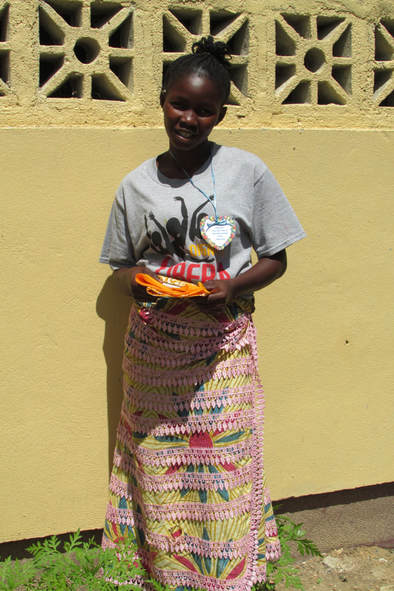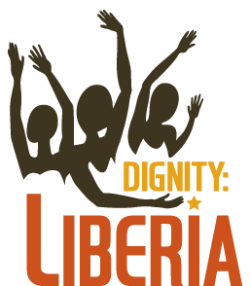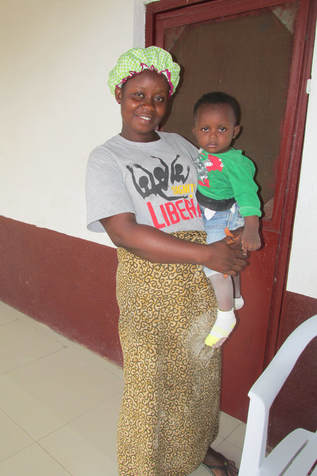
Interview Date: September 3, 2018
Interview Location: Phebe Rehab Center, Bong County, Liberia
Interviewers: Kathy Beth Stavinoha and Walter Matthews
Fanta Fafana was born in Montserrado County, Liberia. Both of her parents are deceased. She was living with her brother but since she got her fistula in 2015, he doesn’t have time for her. She got her fistula through “borning.” During her labor, they took her behind the house and tried unsuccessfully to help the birthing process. Then they took her to the hospital. When she got to the hospital, her baby was dead.
The worst thing about having a fistula was that she couldn’t go among people. She had to be by herself. Having a fistula made her sad. It made her want to kill herself.
Fanta studied cosmetology for her trade at the Rehabilitation Center. She chose cosmetology because she wants to do something good for herself. Upon graduation, she plans to stay in Gbarnga.
She is healed “small small,” but is still leaking.
She would advise girls to study, as a way to avoid getting a fistula. Fanta would like to go to school. She has passed her exams but she cannot afford to go to school because she has no money. She wants people to know that she is looking for financial help.
Fanta is a fistula survivor. Hear her story in her own voice:



 RSS Feed
RSS Feed